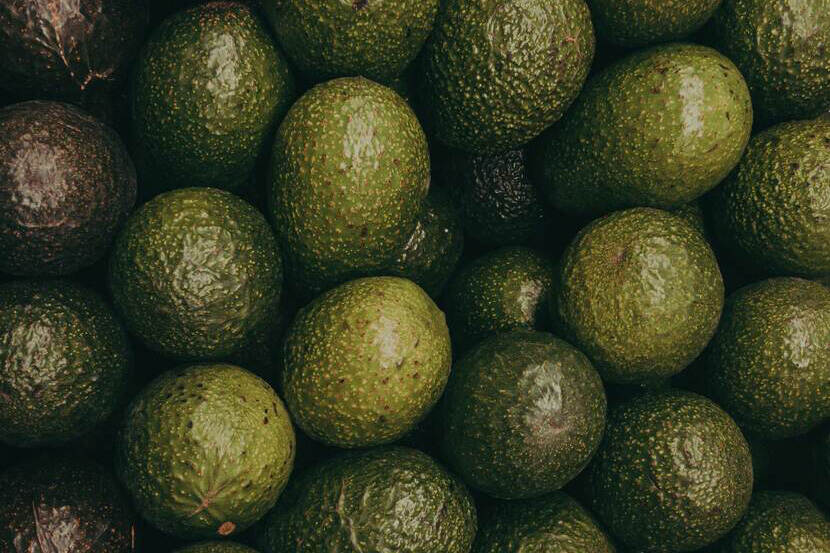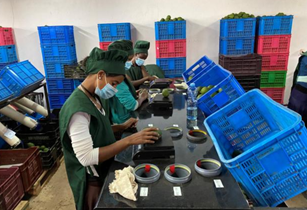Focus of the Ethiopian government on horticulture
With an increasing coverage of over 1.15 million hectares and a 4.6% share of the total agriculture income, the horticulture sector has become one of the top priorities of the Ethiopian government. The recently developed horticulture policy and revised roadmap and strategy by the Ethiopian authorities show the efforts of the government to have a clear strategic and planned development of the horticultural sector. The revised policies and strategies in Ethiopia have tried to prioritize a set of commodities to focus on. Out of which avocado is one of the commodities identified as quite promising within the Ethiopian horticulture sector.
Avocado as a prioritized commodity
The focus of the government on avocado has to do with the increase in demand for avocados in the international market as well as domestic market. But not only the demand, also the need to increase exports to alleviate the challenge of forex shortage in the country, the need for raw materials for the growing agro-industry, the increasing unemployment and last but not least the urgent need to enhance food and nutrition security are important reasons for Ethiopia to focus on avocado. Based on the report of FAO in 2021, the global avocado production is estimated to triple from 2010 to 2030!

Since Ethiopia has suitable conditions for the production of avocado, this increase in the demand of avocado was recognized as an opportunity to revitalize the avocado production system in Ethiopia. The Ministry of Agriculture recently developed the National Avocado Development Program (NADP) by working closely with relevant partners. The program tried to identify the challenges within the value-chain and also proposes feasible solutions to the issues at hand in alignment with national and global policies & strategies.


NADP en Flying Swans Programs
This National Avocado Development Program (NADP) fits quite well with the Flying Swans Program being supported by the Netherlands. The Flying Swans Program works closely with the Ministry of Transport in Ethiopia as well as the relevant partners in Djibouti to create a full cool logistic chain. Having the capacity to keep fresh produce cool is absolutely crucial to serve global markets. Cold storage could diminish post-harvest loss, preserves product quality and increases shelf life. The Flying Swans Program offers an integrated solution for problems such as poor infrastructure and high transportation costs for farmers to market their produce as identified in the NADP.
On August 22, 2020, the first ever refrigerated container of Ethiopian avocados was loaded on a train to Djibouti, to be shipped to Europe. It marked an important milestone for the development of a cool logistics network in East Africa. The program tries to play an important role in sourcing of fresh produce from various locations in Ethiopia to fill the containers to be shipped. Avocado is one of the fresh produce that is being focused on by the Flying Swans Program in addition to other fresh commodities, like fruit, vegetables and ornamentals.
The members of Flying Swans include global market leaders such as Mercator Novus, Boskalis, the Port of Rotterdam and the Dutch Fresh Produce Centre which all strive to assist emerging economies to cut food loss along the production chain and increase the export of perishable products. The Netherlands Embassy in Addis Ababa believes that the development of a cool logistics network could support the avocado value chain but also the Ethiopian horticulture sector to become competitive in the international stage.